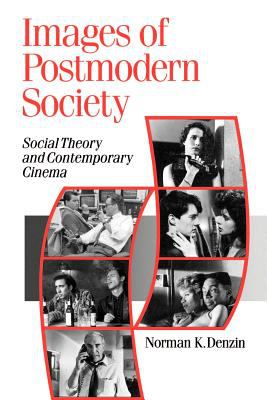Try searching by Title, Author or ISBN
No Results for "{{sharedState.searchQuery}}"
Availability
Featured
Condition
Format
Digital
Age
Grade
Categories
Print Size
Language

Images of Postmodern Society : Social Theory and Contemporary Cinema
item #11 in the Published in Association with Theory, Culture and Society Series
Paperback
- Other Available Editions
Images of Postmodern Society : Social Theory and Contemporary Cinema
item #11 in the Published in Association with Theory, Culture and Society Series

Paperback
- Other Available Editions
- Other Available Editions